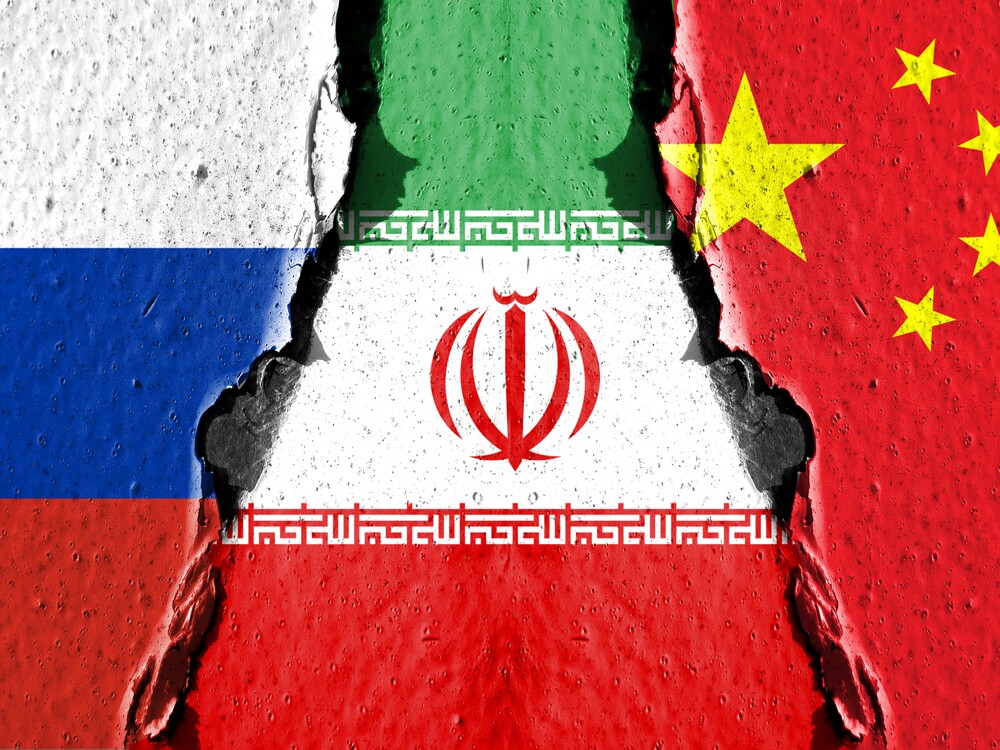Iran Displaces Russia in China’s Oil Market
A thaw in the relations between Iran and the United States has manifested through a series of actions, most notably the easing of sanctions targeting Iran’s oil sector. As part of this shift, Iran is poised to secure the release of approximately 6 billion dollars of blocked oil funds from South Korea, contingent on its commitment to curbing its nuclear program.
This policy shift by the United States serves dual purposes. Firstly, it aims to exert downward pressure on oil prices. The introduction of additional Iranian oil into the market would potentially lead to a decrease in global oil prices, effectively counteracting the August price surge prompted by production cuts by OPEC+ and Russia.
Maintaining control over oil prices holds significant importance for the American establishment, particularly due to the impending elections. The cost of energy resources invariably impacts overall prices, and curbing inflation is a critical concern for President Biden. Addressing this issue prior to the election holds strategic value, as it can influence his prospects for re-election.
The second motivating factor centers around Russia’s declining income. Even if Russia were to reduce its oil exports, such measures would be futile if another nation ramps up its oil supplies. In such a scenario, upward pressure on prices would be mitigated.
Examining trade statistics with China, recent months have witnessed a decline of 1 million barrels per day in Russia’s oil supplies to China, coinciding with Iran’s substantial increase in oil sales to China by an estimated 500,000 to 1 million barrels in July.
China’s interest in purchasing Iranian oil is also fueled by the attractive discounts Tehran offers, often surpassing 10 dollars per barrel off the Brent price. Notably, Russian Urals crude carried a comparable price tag in July, potentially exceeding the aforementioned benchmark.
China’s decision to purchase oil at prices exceeding the established ceiling involves an element of risk. Conversely, conducting oil transactions with Iran presents fewer risks. This affords China significant leverage during oil negotiations, potentially prompting Russia to consider deeper discounts. Failure to meet these demands could drive a portion of China’s consumption toward Iran.




